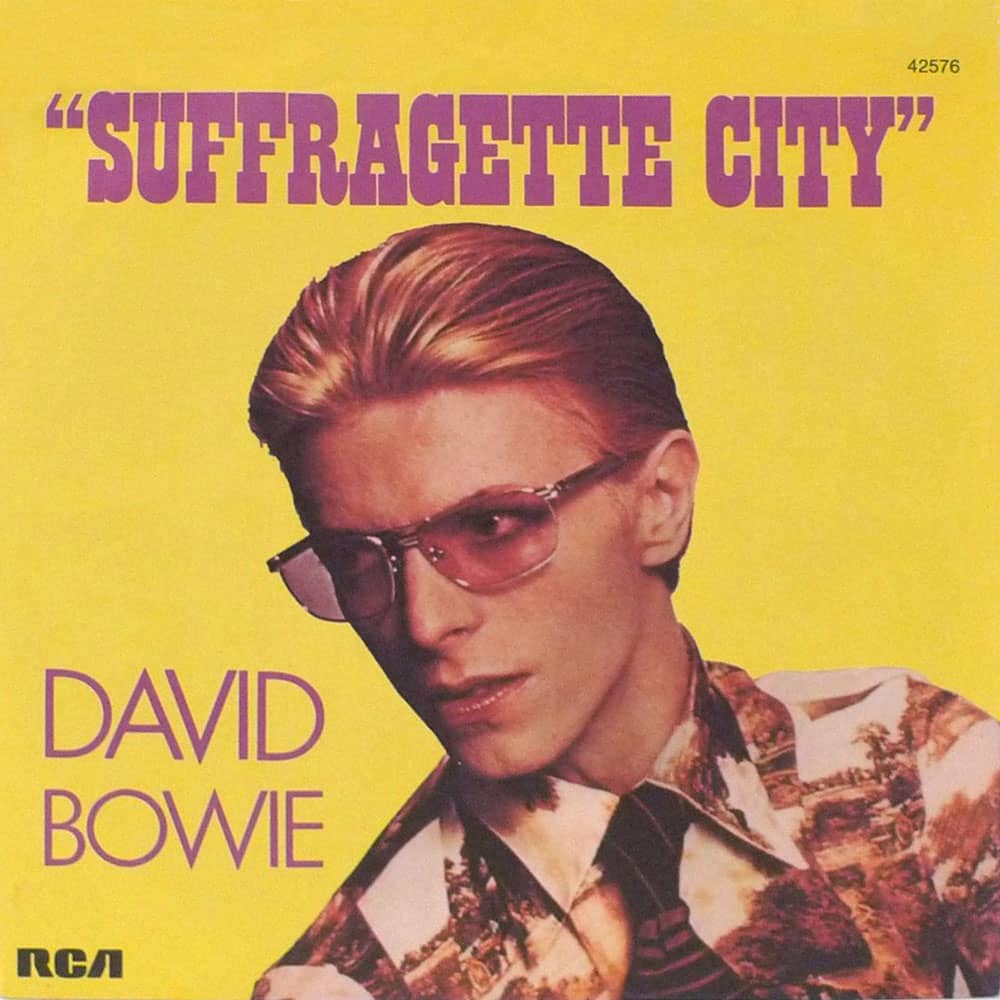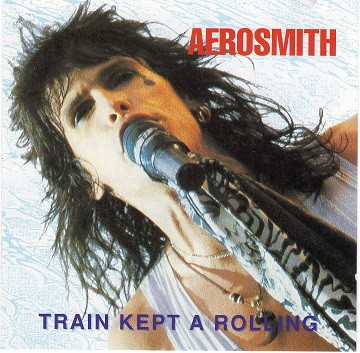 Joe Cocker’s gravelly voice could sound like sandpaper on steel or like a caress on the soul, and perhaps no recording showcases this duality better than his 1974 rendition of “You Are So Beautiful.” A simple, heartfelt ballad, the song became an enduring symbol of romantic devotion, transcending genre and era. It is a masterpiece of emotional intimacy—one that has left an indelible mark on popular culture and continues to resonate with listeners nearly half a century later.
Joe Cocker’s gravelly voice could sound like sandpaper on steel or like a caress on the soul, and perhaps no recording showcases this duality better than his 1974 rendition of “You Are So Beautiful.” A simple, heartfelt ballad, the song became an enduring symbol of romantic devotion, transcending genre and era. It is a masterpiece of emotional intimacy—one that has left an indelible mark on popular culture and continues to resonate with listeners nearly half a century later.
The story of “You Are So Beautiful” is a testament to the power of vulnerability in music. It is not a composition laden with flashy riffs, complex rhythms, or lyrical gymnastics. Instead, it relies on the purity of expression: the perfect confluence of melody, performance, and timing. It is a song that illustrates how simplicity, when delivered with absolute sincerity, can be infinitely more powerful than technical complexity.
The Origins of a Classic Ballad
“You Are So Beautiful” was written by Billy Preston and Bruce Fisher, with a small credit to Dennis Wilson. Billy Preston, a musical prodigy who had collaborated with legends such as The Beatles and Ray Charles, brought his innate sense of melody to the composition. Bruce Fisher, a talented songwriter, contributed to the lyrics that struck at the very heart of romantic expression: “You are so beautiful to me / Can’t you see?” These lines are deceptively simple, yet their directness and emotional honesty give them extraordinary power.
Dennis Wilson, the drummer and occasional songwriter for the Beach Boys, was also involved in the song’s creation. While the exact details of his contribution are debated, Wilson’s influence is evident in the song’s soulful and vulnerable undercurrent. The composition, originally penned for Preston, was intended to be a personal and heartfelt piece—something intimate, almost like a private confession.
Joe Cocker, known for his intense and emotionally charged performances, transformed this intimate ballad into a timeless public declaration. He recorded the song for his 1974 album I Can Stand a Little Rain, produced by Jim Price and Tom Dowd. The combination of Cocker’s raw vocal delivery and the lush, understated production created a rendition that would go on to define the song for generations.
Joe Cocker: The Man Behind the Voice
Joe Cocker was no stranger to infusing songs with raw emotion. Born in Sheffield, England, in 1944, he grew up immersed in the blues and rock ’n’ roll that would shape his career. By the time he recorded “You Are So Beautiful,” Cocker had already established himself as an extraordinary interpreter of songs, most famously with his transformative cover of The Beatles’ “With a Little Help from My Friends.”
Cocker’s voice was his instrument in the truest sense. Unlike many artists who rely on range or polish, he conveyed feeling through grit, rasp, and the subtle tension between control and abandon. In “You Are So Beautiful,” every note feels deliberate yet effortless, as if the emotion is pouring directly from his soul. This authenticity is the reason the song continues to resonate: listeners don’t just hear it—they feel it.
His interpretation of the song elevated it beyond a simple love ballad. It became a universal declaration of beauty, devotion, and vulnerability. In Cocker’s hands, the song could be sung to a lover, a child, or even an audience—a testament to its broad emotional appeal.
The Anatomy of an Emotional Performance
Part of the song’s enduring power lies in its simplicity. It opens with a soft, piano-driven introduction, accompanied by subtle string arrangements. There is no bombast, no unnecessary ornamentation—just a focus on Cocker’s voice and the intimacy it conveys. This arrangement allows the emotional content of the lyrics to take center stage, creating a direct and immediate connection with the listener.
Cocker’s phrasing is meticulous yet seemingly effortless. He stretches syllables, emphasizes consonants, and varies his dynamics to mirror the emotional arc of the song. The pauses, the slight catches in his voice, and the controlled vibrato all contribute to the sensation that the singer is on the edge of breaking, lending the performance an intense vulnerability that few vocalists could replicate.
The orchestration, provided by Jim Price, complements rather than competes with Cocker’s vocals. Strings and gentle percussion build gradually, swelling at the chorus to reinforce the emotional impact without overshadowing the performance. The production choices make the song feel cinematic, as if the listener is witnessing a moment of profound intimacy, captured in real time.
Cultural Impact and Reception
Upon its release, “You Are So Beautiful” quickly climbed the charts, reaching No. 5 on the Billboard Hot 100. It became a staple of radio playlists and earned critical acclaim for its emotional depth and Cocker’s masterful performance. The song was embraced by audiences who were experiencing the mid-1970s cultural shift, where intimacy, vulnerability, and authenticity began to gain prominence in popular music.
“You Are So Beautiful” transcended generational and demographic boundaries. It was played at weddings, anniversaries, and romantic gatherings, becoming a soundtrack to love stories everywhere. Its influence extended beyond the realm of pop music: the song has been covered by countless artists across genres, from Ray Charles to Wynonna Judd, each interpreting it through their unique stylistic lens while retaining the emotional core that Cocker had immortalized.
One of the most notable features of the song’s impact is how it elevated Joe Cocker’s career. While he had been known for powerful rock performances, “You Are So Beautiful” showcased his ability to convey tenderness and vulnerability. It broadened his appeal, attracting audiences who might not have otherwise engaged with his music. It also cemented his reputation as one of the most emotionally resonant performers of his era.
The Song as a Cultural Touchstone
Over the decades, “You Are So Beautiful” has maintained a presence in popular culture. Its use in films, television shows, and commercials has introduced it to successive generations of listeners. From romantic montages in classic films to heartfelt television tributes, the song has become shorthand for emotional authenticity and deep connection.
In addition, the song’s emotional honesty has made it a favorite for public and private moments of tribute. Athletes, politicians, and celebrities have all employed it to convey admiration, respect, or love. Its enduring relevance is a testament to the universality of its message: beauty, love, and devotion transcend time, place, and circumstance.
Interpretation and Emotional Resonance
“You Are So Beautiful” resonates because it taps into a universal human experience: the recognition and affirmation of another person’s beauty. This isn’t limited to physical appearance. The song speaks to inner beauty, to the qualities that make someone cherished, respected, and loved. The lyrics are spare, yet they evoke profound depth: “You are so beautiful to me / Can’t you see?” In two lines, the song communicates longing, admiration, and the fear that this recognition may go unacknowledged.
Joe Cocker’s interpretation amplifies this effect. His voice carries the weight of experience, of pain, of joy, and of longing. Each note feels earned, as though the singer has lived through the highs and lows of love and emerged with a message that must be shared. Listeners respond to this authenticity instinctively, connecting with the song in a way that transcends language or technical understanding.
The Technical Craft Behind the Song
While “You Are So Beautiful” is celebrated for its emotional impact, it is also a masterclass in musical craftsmanship. The chord progression is simple yet effective, creating a sense of resolution and inevitability that supports the lyrical content. The pacing is deliberate, allowing the listener to absorb the nuances of Cocker’s performance.
The production, helmed by Tom Dowd and Jim Price, employs subtle techniques that enhance the intimacy of the recording. Microphone placement, reverb, and string arrangements are carefully balanced to foreground the vocals while creating a warm, enveloping soundscape. The arrangement exemplifies restraint: every instrument, every note, and every dynamic shift serves the song’s emotional message rather than drawing attention to itself.
Legacy and Enduring Influence
Decades after its release, “You Are So Beautiful” remains one of Joe Cocker’s most iconic recordings. It has been covered, sampled, and referenced countless times, securing its place in the canon of timeless love songs. Its influence extends beyond music into broader culture: it is a benchmark for romantic expression, a template for emotive performance, and a standard against which contemporary ballads are often measured.
For aspiring musicians, the song provides a masterclass in interpretation. It demonstrates how technical simplicity can be harnessed to convey profound emotion and how a performer can elevate a song beyond its written notes. For listeners, it continues to evoke feelings of tenderness, nostalgia, and connection, proving that the emotional resonance of a song is often more important than its complexity.
Joe Cocker himself described music as a conduit for emotion, and “You Are So Beautiful” embodies that philosophy perfectly. It is a recording that speaks directly to the heart, bypassing intellect and appealing to the fundamental human desire for love and affirmation.
A Song for All Time
“You Are So Beautiful” is more than a hit single or a memorable ballad—it is a timeless expression of devotion. Its simplicity, sincerity, and emotional clarity have allowed it to endure across generations, making it a cultural touchstone for romantic expression.
The song’s power lies in its universality. It does not belong to a specific era, genre, or demographic. It is as meaningful to a teenager falling in love today as it was to a couple in 1974. Joe Cocker’s performance ensures that every listener experiences the song as a personal declaration, whether directed at a lover, a friend, or a family member.
Its legacy is secure, not because of charts or awards, but because of its emotional truth. In an age where music often prioritizes production and spectacle over feeling, “You Are So Beautiful” stands as a reminder of the enduring power of heartfelt expression.
Conclusion: The Eternal Voice of Love
“You Are So Beautiful” remains one of the most poignant and enduring love songs ever recorded. Joe Cocker’s performance transformed a simple melody and two lines of lyrics into an anthem of devotion that resonates with listeners across generations. It is a song about vulnerability, authenticity, and the timeless human need to express love.
Its continued relevance, cultural presence, and emotional impact make it more than a classic—it is a benchmark of musical sincerity. Joe Cocker’s gravelly, impassioned voice turned a simple declaration into a universal truth: that beauty, love, and devotion, when expressed with honesty, are eternal.
Every note, every pause, every breath in “You Are So Beautiful” is a reminder that music can be both intimate and universal, private and shared. Its message endures because it speaks to the core of human experience: the desire to be seen, to be appreciated, and to be loved. In this sense, Joe Cocker’s timeless performance continues to take listeners home—into the heart of emotion itself.
“You Are So Beautiful” is not just a song; it is an experience, a confession, and a promise that true beauty, in both music and life, never fades.


